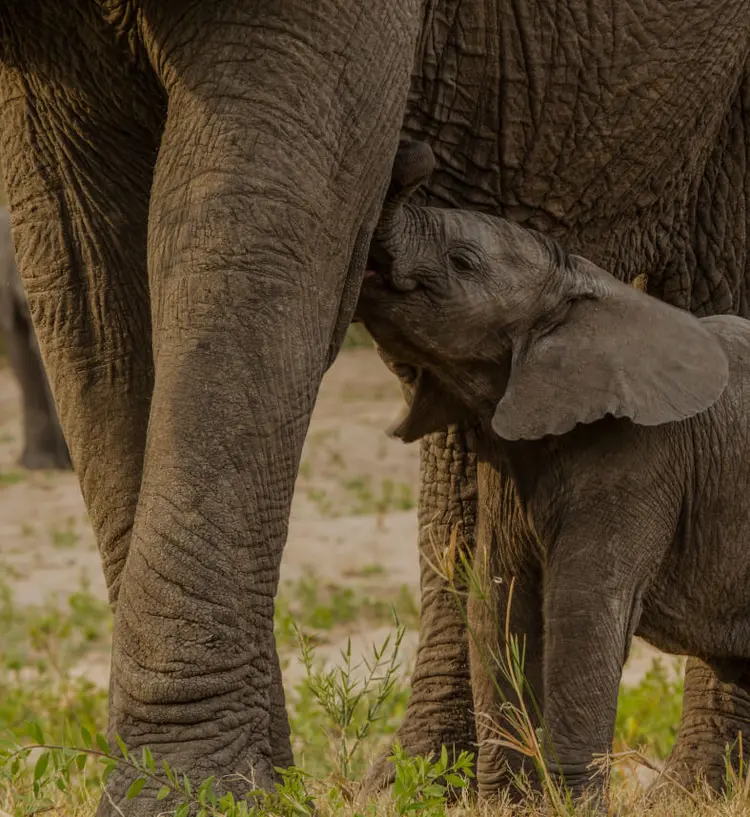Book your stay directly with Jock Safari Lodge for the best rates.

Book your stay directly with Jock Safari Lodge for the best rates.
Not ready to make a booking just yet? Submit a travel enquiry and our team will be in touch.
At Jock Safari Lodge, we believe in offering more than just unforgettable safari experiences – we are deeply committed to preserving the wildlife that makes these moments possible. The Jock Environmental Monitoring Unit (JEMU) is dedicated to protecting endangered species and maintaining the ecological integrity of our conservancy and the surrounding areas. The work of the Unit stands as a testament to our commitment.
Strengthening Conservation Efforts
While the overarching responsibility of conservation within Kruger National Park lies with SANParks (South African National Parks), their efforts are significantly bolstered by smaller, privately funded unitS like JEMU. Established in January 2016 by prior shareholders The CALEO Foundation, JEMU was formed in direct response to the alarming surge in rhino poaching that threatened to decimate the park’s rhino population.(The International Rhino Foundation noted that by 2020, the Park had experienced “a population decline of 75% for white rhinos since 2011 (from 10,621) and 51% for black rhino since 2013 (from 415)”.)
JEMU operates as a non-combative monitoring unit, providing the Section Rangers with current and accurate information on suspicious activities within the Jock concession area and the wider Intensive Protection Zone (IPZ). The 6 000 hectares of unspoilt bushveld surrounding the lodge is a haven for wildlife, including a high density of rhinos and other species. Unfortunately, this abundance also attracts poachers, making it a hotspot that requires vigilant protection around the clock.
To safeguard this critical area, JEMU employs advanced technology such as Wildlife Protection Solutions (WPS) and Earth Ranger, as well as daily patrols in vehicles and on foot. These monitoring efforts are supported by motion-detection cameras, thanks to the generous support of organisations like SORAI, which sponsored their installation throughout the concession. These cameras monitored 24 hours a day as part of the concession contract, capture the movements of both animals and humans, efficiently distinguishing between the two.
When suspicious activity is detected, the team are able to instantly report it to the relevant Section Rangers. This immediate communication enables the official counter-poaching units to be deployed swiftly, increasing the chances of intercepting poachers before they can harm the wildlife. The data collected from the JEMU patrols and the cameras is an invaluable resource for conservationists managing the poaching crisis and formulating long-term strategies to protect endangered species against the illegal wildlife trade.
A Wider Conservation Lens
While rhino conservation remains important, JEMU’s conservation lens focuses on a variety of Red List species, such as ground hornbills (vulnerable) and martial eagles (endangered), wild dog (endangered) and cheetah (vulnerable). Monitoring predator movements, especially male lion dynamics, adds another layer to JEMU’s comprehensive environmental stewardship.
One of the most heartening aspects of JEMU’s work is their involvement in rescuing orphaned rhino calves, victims of poaching and other tragic events. These vulnerable young rhinos are relocated to specialised facilities, where they receive the care and rehabilitation needed to eventually return to the wild.
Beyond their anti-poaching activities, JEMU also collaborates with Kruger’s Section Rangers in essential conservation tasks such as road maintenance, controlled burns for vegetation management, erosion control and managing wildlife that may disrupt the ecological balance.
An Invitation to Join the Effort
If you think the description above sounds like an enormous responsibility and dangerous undertaking, you’d be correct. The challenges faced by our rangers are significant, from navigating a demanding environment filled with wild animals to confronting poachers. Yet their commitment remains unwavering. They risk their safety daily to ensure that future generations can experience the awe-inspiring beauty of Africa’s wildlife.